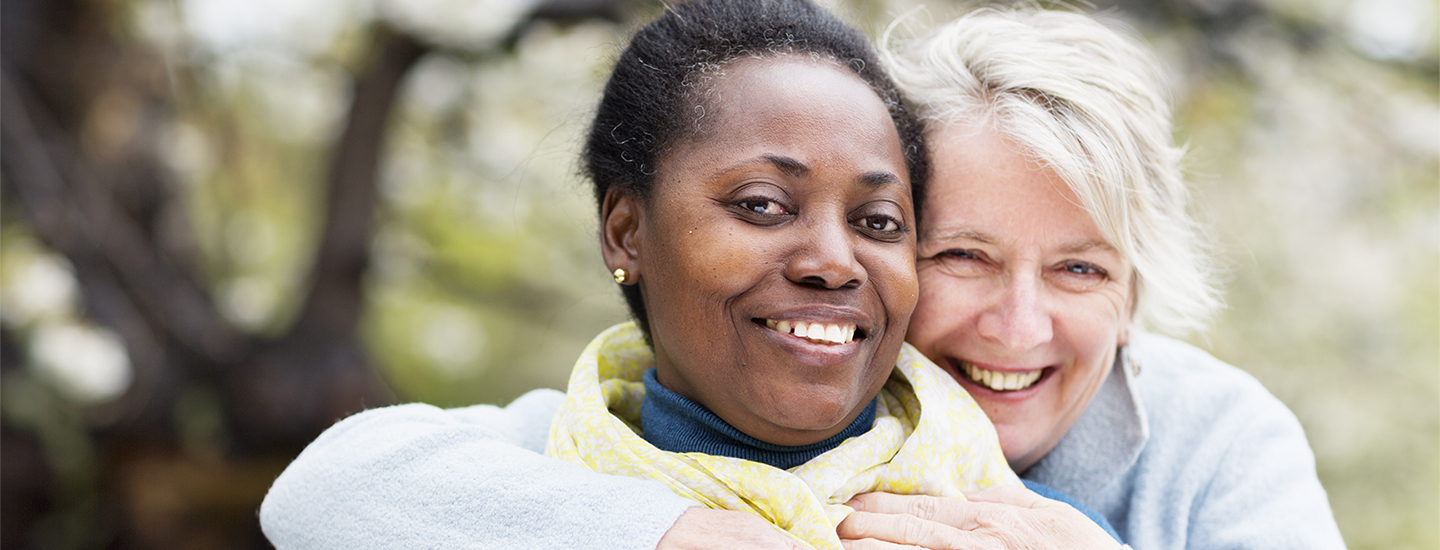The cold and flu season is upon us here in the Northern hemisphere, so the menopause clinic team at Gennev would love to share ideas for staying menopause and immune system despite the viral stew everywhere around us.
Loss of estrogen can mean your immune system is weaker than in the past, so keeping the germs at bay may be even more challenging. However, since you’re taking better care of yourself than ever before (right?), you’ve got a head start on staying healthy.
Menopause’s effects on the immune system
So why do we get sick more easily during this time? A few reasons: First, perimenopause and menopause can ramp up the stress hormone cortisol. When we have too much cortisol for too long, a study at Dartmouth found, it can increase inflammation and weaken our immune system’s ability to fight off infections.
And menopause can have a lot of add-on effects: major night sweats or poor sleep, not enough exercise due to no energy or menopausal fatigue, poor diet, and changes in our gut flora can all increase the possibility of getting sick.
How to stay healthy (or get well faster)
So what can we do to counteract the negative impacts of menopause on our immune system? We can make our immune system as robust and vigorous as possible.
- Wash your hands. This is probably the single most effective thing you can do to prevent the spread of disease. Soap, water, twenty seconds (singing “Happy Birthday” twice will get you there, though we prefer the first 20 seconds of “Bohemian Rhapsody”), and don’t forget to get under your fingernails and wash your thumbs.
- Tend to your gut flora. It’s a garden in your gut, and a disease-fighting powerhouse garden at that. Keep your gut flora healthy and happy, and it will do the same for you. Beans are a great pre-biotic, meaning they feed your good gut bacteria. Greek yogurt is a probiotic which can also help your gut fight infections, especially if the yogurt is fortified with Vitamin D.
- Speaking of Vitamin D”¦. it’s sort of a big deal. Not only does it play a critical role in our immune defenses, it’s also important in building bone and warding off depression. However, most of us are short on the Big D, so it’s important to be vigilant. If you can’t spend time in the sun as our best source of D as look for foods that are naturally high in D (fatty fish like tuna or salmon, egg yolks, beef liver) or fortified with it (dairy products, soy milk, orange juice, cereal).
- Guzzle the green tea. The polyphenol catechin in green tea does a lot for our bodies, including helping us fight bacteria and viruses. From better bones and teeth to lower cholesterol and easier weight management, boosting your intake might help you get through the winter better. However, it does contain caffeine, so be aware of that, plus high levels can potentially interfere with iron absorption or interact with other drugs you may be taking, so talk with your doctor or a menopause specialist near you if you have any concerns.
- Bump up the garlic. Garlic is a powerful healer that’s been used for centuries as a way to ward off illnesses. Just be sure to chop it up fine, as that allows the release of the allicin that does the heavy lifting. If you’re using it in cooking, add it toward the end to preserve its germ-fighting ability.
- Boost zinc. If taken within 24 hours from the time you first notice symptoms of a cold, zinc may shorten that cold by up to 33 percent. Oysters are a good source of zinc, as are many nuts and beans. And there are zinc lozenges available for a quick uptake when you’re feeling symptomatic.
- Reduce stress. While this may be at the top of the “easier said than done” category, especially during the holidays, remembers that whole bit about cortisol as without estrogen’s dampening effects, cortisol can be at elevated levels already. You don’t want to add more. Excuse yourself without guilt from things that stress you out. If you can’t, try breathing exercises or calming apps to help you feel better in the moment. Have a bedtime routine that helps you stay grounded and sleep better. Make self-care time non-negotiable, however you define that time. Not only will you get sick less often, but you’re laying the groundwork for a healthier future.
- Exercise during menopause regularly, sleep well, reduce alcohol, don’t smoke. All of these can help you feel better generally as well as stay healthier during cold and flu season.
Avoiding illness entirely is pretty tough in the modern world, but you can definitely minimize your chances of getting sick and help your body return to wellness faster. Pay attention as if you’re in a public place, try to avoid touching your hands to your face until you’ve had a chance to wash them. Be vigilant about eating foods that increase well-being (fruits and veggies) and only indulging in the others occasionally (hello, sugar). If you’re in a stressful situation, try some mantra for positive thinking to keep cortisol levels from ramping up.
Menopause can make avoiding illness a bit more challenging, but there’s still plenty that’s within your control. For help in supporting your body through menopause, meet with a menopause specialist. And if you have suggestions for how to make it easier to stay healthy in cold and flu season (or any time), why not share them on our Facebook page or in Midlife & Menopause Solutions, our private Facebook group.
